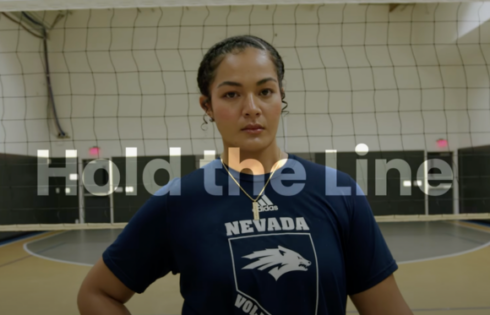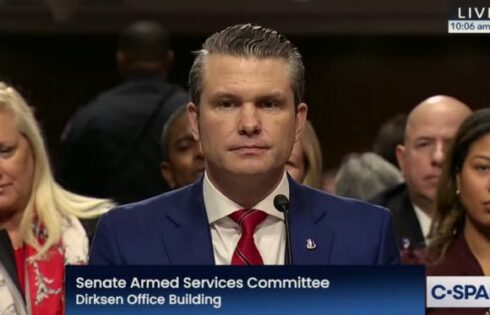
The feds quickly stamp out false claim about ‘proprietary’ materials
Students accused of sexual misconduct often had to go to court to compel their colleges to hand over their Title IX training materials, to find potential evidence of bias in their proceedings.
The Department of Education’s final regulation on campus sexual misconduct proceedings makes clear that colleges have to post this training material on their websites, but some Title IX professionals are already trying to find ways around that.
The Association of Title IX Administrators hosted a webinar on the new regulation last week. One of the discussion points was the provision on making training materials public, according to the slides from the presentation.
Stop Abusive and Violent Environments, a due process group, made a transcript of the presentation by ATIXA President Brett Sokolow. SAVE said the webinar had more than 4,200 attendees.
Sokolow allegedly warned attendees who use training materials from ATIXA, The NCHERM Group (which he chairs) and other companies that they “cannot be posted publicly, irrespective of what” the department’s Office for Civil Rights says, because those materials are “proprietary and copyrighted”:
And so for materials that are proprietary, our suggestion is that you do the following: that you list those on your website by the type of document, or webinar, or training video, or whatever the materials are, by its title and authorship; but that you don’t include the contents. You just include the title and then you allow members of the public to request access, which will probably be in your office. They are not permitted to have a copy, and they will be able to come in and review the documents or videos that have been used to train your Title IX team.
This is similar to Sokolow’s directions for how those few colleges without websites should respond to the provision on posting Title IX training materials.
ATIXA’s copyright prohibits the public from “taking photocopies or screen shots” of its materials, he continued. “If you get any push-back on this process from any members of the public,” colleges should direct those complaints to ATIXA, which will “make the materials available to them under circumstances that we feel comfortable,” Sokolow said, according to the transcript.
Colleges that do publish training materials, as the new regulation mandates, will “get a letter from us kindly asking you to make sure they are removed,” he said. The implication is clear: ATIXA will sue colleges for following a legally binding regulation following the notice-and-comment process outlined under the Administrative Procedure Act.
MORE: Discredited researcher shows up in ATIXA guidance, critics say
The Office for Civil Rights apparently noticed ATIXA’s claim that its copyright supersedes duly enacted regulation. Without mentioning the group, OCR wrote a blog post Monday reiterating that Title IX training materials, among other “important information,” must be posted on schools’ websites – no exceptions.
It’s clear, however, that OCR is referring to ATIXA’s claim, going so far as to mention “proprietary business information” such as materials prepared by an “outside consultant”:
Section 106.45(b)(10)(i)(D) does not permit a school to choose whether to post the training materials or offer a public inspection option. Rather, if a school has a website, the school must post the training materials on its website. …
Posting anything less than “all materials” on the website is insufficient. Accordingly, merely listing topics covered by the school’s training of Title IX personnel, or merely summarizing such training materials is not the same as posting “all materials.”
If the training materials are copyrighted or proprietary, “the school still must comply with the Title IX Rule,” the blog post continues: “This may mean that the school has to secure permission from the copyright holder to publish the training materials on the school’s website.”
Here’s the rub for ATIXA: It may lose business under the regulation. OCR says schools “must create or obtain training materials that can lawfully be posted on the school’s website” if the copyright holder refuses to allow their materials to be posted.
Due process advocates noticed the post from OCR.
https://twitter.com/samk_harris/status/1262759808140054531
Sokolow himself responded to the tweet by due process lawyer Samantha Harris, saying ATIXA would be “exploring this issue and anticipate a potential need for some revision of our prior guidance.”
Don’t count on this being the last time the Title IX-industrial complex seeks to circumvent the regulation, or simply refuses to comply and dares students to sue.
MORE: ATIXA warns colleges to be wary of ‘trauma-informed’ ideology
IMAGE: NEstudio/Shutterstock
Like The College Fix on Facebook / Follow us on Twitter







Please join the conversation about our stories on Facebook, Twitter, Instagram, Reddit, MeWe, Rumble, Gab, Minds and Gettr.